Keep reading in coming weeks for full, in-depth interviews with these exciting new companies.
Fairafric: Made in Africa, from bean to bar
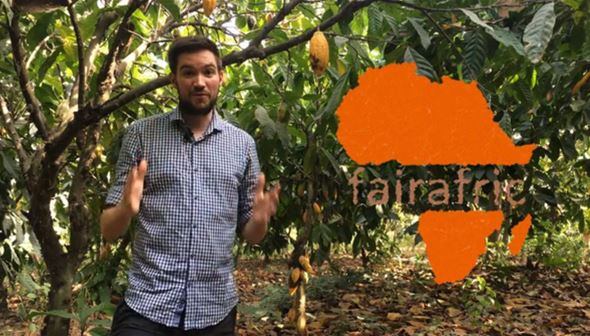
"Who ever heard of a country that escaped poverty by growing and exporting crops? There is simply no widespread wealth creation without producing and adding value within a country," according to Fairafric founder and CEO Hendrik Reimers.
And so instead of simply sourcing the beans in Ghana, Fairafric pledges to produce the bars there too - from bean to bar.
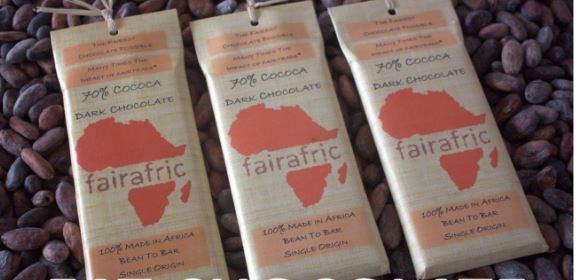
Fairafric’s crowdfunding campaign on Kickstarter ended five days ago and successfully raised almost €30,000 with 843 backers.
“We’ll clearly communicate who receives what and focus on maximising our social impact [and] will try to make a clear distinction between fairtrade and Made in Africa chocolate,” Reimers told FoodNavigator.
"The jobs we create are outside of smallhold farming and are paid much better than any farm work. [But] telling our story might well become the single biggest challenge as the consumer is already bombarded with “fair” products left right and centre,"
Most of the support Fairafric received during the campaign came from Germany, the UK and the US, and Reimers said they will start by targeting these geographical areas.
Turning snacking into snactivism
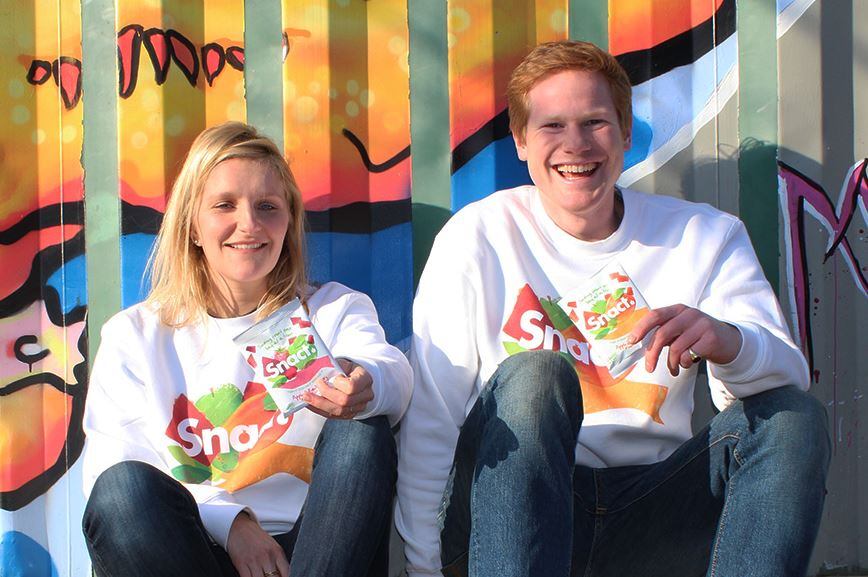
Snact makes fruit jerky with a difference: it is made entirely from fruit that was destined for the bin.
Started by Ilana Taub and Michael Minch-Dixon in London three years ago, the pair began by collecting surplus fruit at various wholesale markets around London. ABut a successful campaign on Crowdfunder gave them around €17,000 that was needed to take their start-up to the next level.
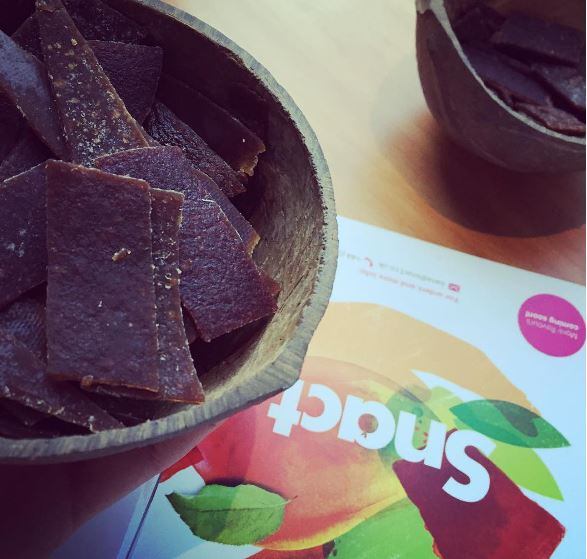
The jerky, made from 100% fruit with no added sugar, preservatives or additives, comes in a variety of flavours such as apple and raspberry or apple and mango, with new flavours currently in the pipeline.
They have even developed a philosophy around the concept: “Snactivism is about seeing the best in things and believing that lots of little acts can add up to something meaningful. By using surplus produce, we tackle the causes of food waste so that with every snack, you make a positive act.”
Ilana Taub told us they were focussed on growing the company – but the founding principle of tackling food waste would remain central.
“We’re grown a lot in the last 6 months since launching our new packs in terms of distribution, but we’ve still got a very long way to go. Ultimately, our focus is always on tackling food waste so the next steps are about finding ways of continuing to grow our company so we can have a bigger impact,” she said.
Invasion of the Butter Vikings
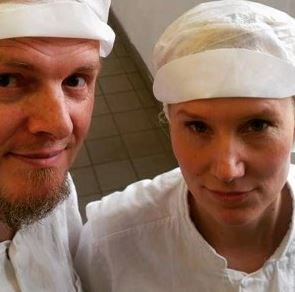
Patrik Johansson and Maria Håkansson are self-proclaimed Butter Vikings. Having been in the butter-making business for eight years in their native Sweden making butter "the ancient way" from cultured cream, they will relocate to the UK's Isle of White thanks, in part, to a crowdfunding campaign to help cover the costs.
Not content with making premium butter for top restaurants - they supply Noma in Copenhagen, ranked best restaurant in the world by our sister publication World's 50 best Restaurants - they will use their new UK base to develop potted cheese flavoured with cognac and a British version of Japanese soy sauce made by fermenting locally sourced barley and yellow peas.
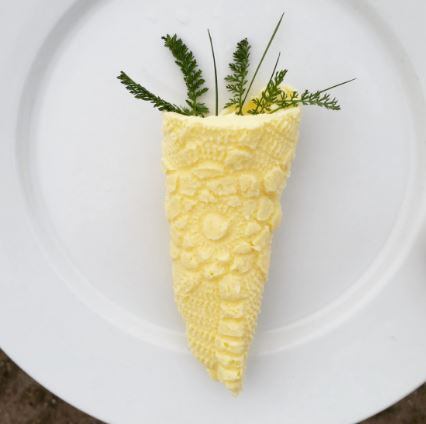
“We are in the business of fermentation. Mostly we ferment cream by using lactic acid bacteria but sometimes we use our knowledge to ferment other food stuffs as well. We saw that nobody else is providing the market with a fermented umami brew in the UK so we saw the possibility,” said Johansson.
“First we are going to sell it to top restaurants and then we will see what happens.”
For its next project the Butter Vikings have their sights set on another challenge: reducing the amount of salt in butter by exploring umami flavours. "With more umami in the food the less salt you need. There is even research that indicates that when umami is present in food the negative effects of the salt is less."
